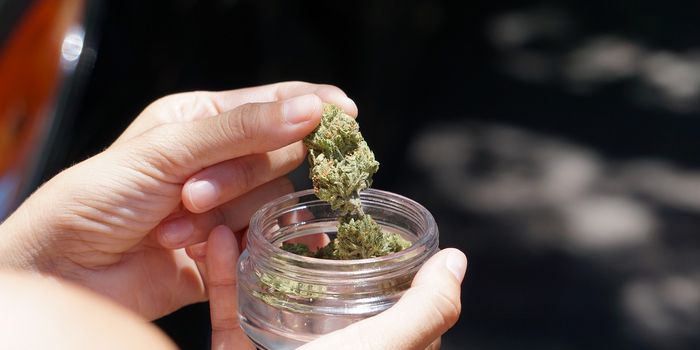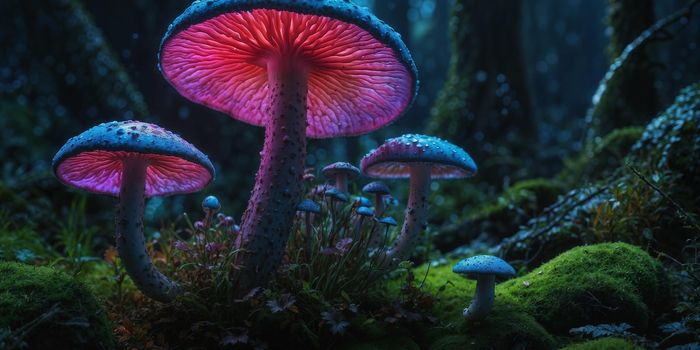With the signing of the latest farm bill, President Trump has just legalized the cultivation of hemp. The idea behind this legislation was to boost agriculture and encourage the cultivation of hemp. Many farmers of corn, soybeans, cotton and other textile crops have suffered lately from a drop in commodity prices. Hemp is easier to grow than cotton, corn or soybeans; it requires less water and can grow in lower-quality soil. Since hemp is a fast-growing plant, it can provide high biomass quantities in a short time. Hemp also produces a textile that is softer than cotton, can be used in making stronger and lighter building materials and is more environmentally friendly.
Source: Pixabay.com
What is hemp? Hemp is a member of the cannabis family. It is a cousin to Cannabis sativa and Cannabis indica, but it is entirely different beast. First of all, you cannot get high off of hemp. According to the Ministry of Hemp (a pro-hemp educational group), “Your lungs will fail before your brain attains any high from smoking industrial hemp”. Hemp (a variety of Cannabis sativa) has an incredibly low percentage of delta9-tetrahydrocannabinol (THC) (less than 0.03%) compared to psychoactive strains of cannabis (which can vary between 5% and 35%, in today's market).
Hemp is genetically distinct from its cannabis cousins. While the history and politics of hemp have been well-documented, the basic biology of the hemp plant remains largely unknown. What is known is that hemp has a heterogeneous cell wall. For plant scientists, this composition makes the hemp stem an interesting model to study secondary cell wall biosynthesis. This process reinforces tracheary elements and strengthens fibers so that the plant can grow upright.
Hemp has also been shown to have antibacterial properties. In fact, hemp fibers have been used as an antibacterial finishing agent and surgical devices. Hemp is composed of compounds with antibacterial properties, such as esterified sterols, triterpenes, β-sitosterol, and β-amyrin. Additionally, hemp powder has antibacterial properties which have shown to be effective against Escherichia coli. Plant scientists believe that hemp's antibacterial properties may be linked to lignin-related compounds such as phenolic compounds, as well as alkaloids and cannabinoids.
Source: UnSplash.com
Research on the biology of hemp will help us understand its ability to be such a versatile and effective textile crop. From studying yield traits we could improve our understanding of the plant. Studies on hemp seeds and hemp seed oil could give us insight into grain yield and composition. Finally, research into hemp fiber could provide data for plant scientists on stem development and composition, genetic regulation of fiber traits, and biofuel production.
Sources: TheHill.com, abcnews.go.com, Forbes.com, Wikipedia - "hemp", ministryofhemp.com, Trends in Plant Sciences, Frontiers in Plant Science, Annals of Botany, Advanced Materials Research, Bioresearch Technology, Journal of Polymer Science










